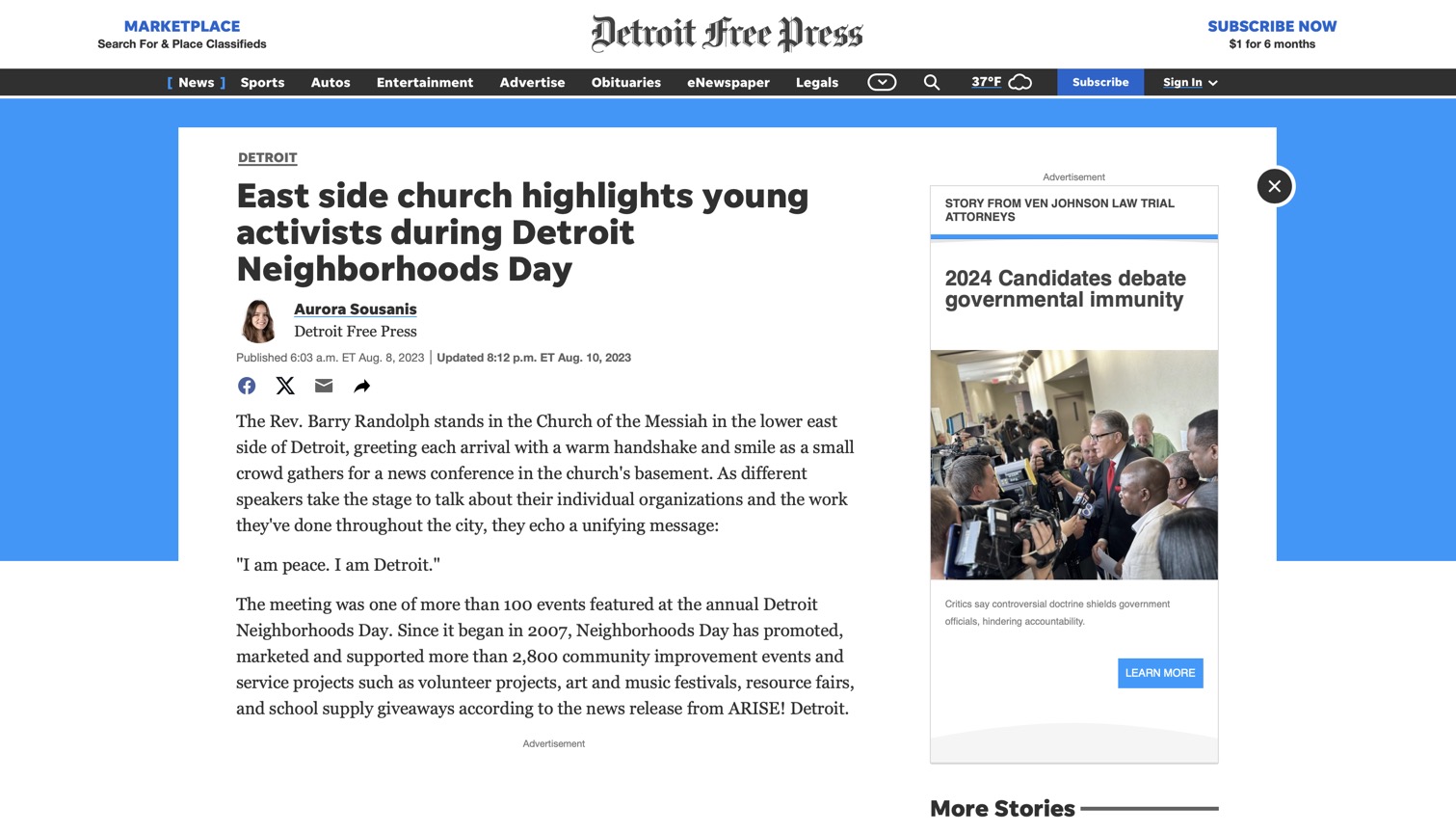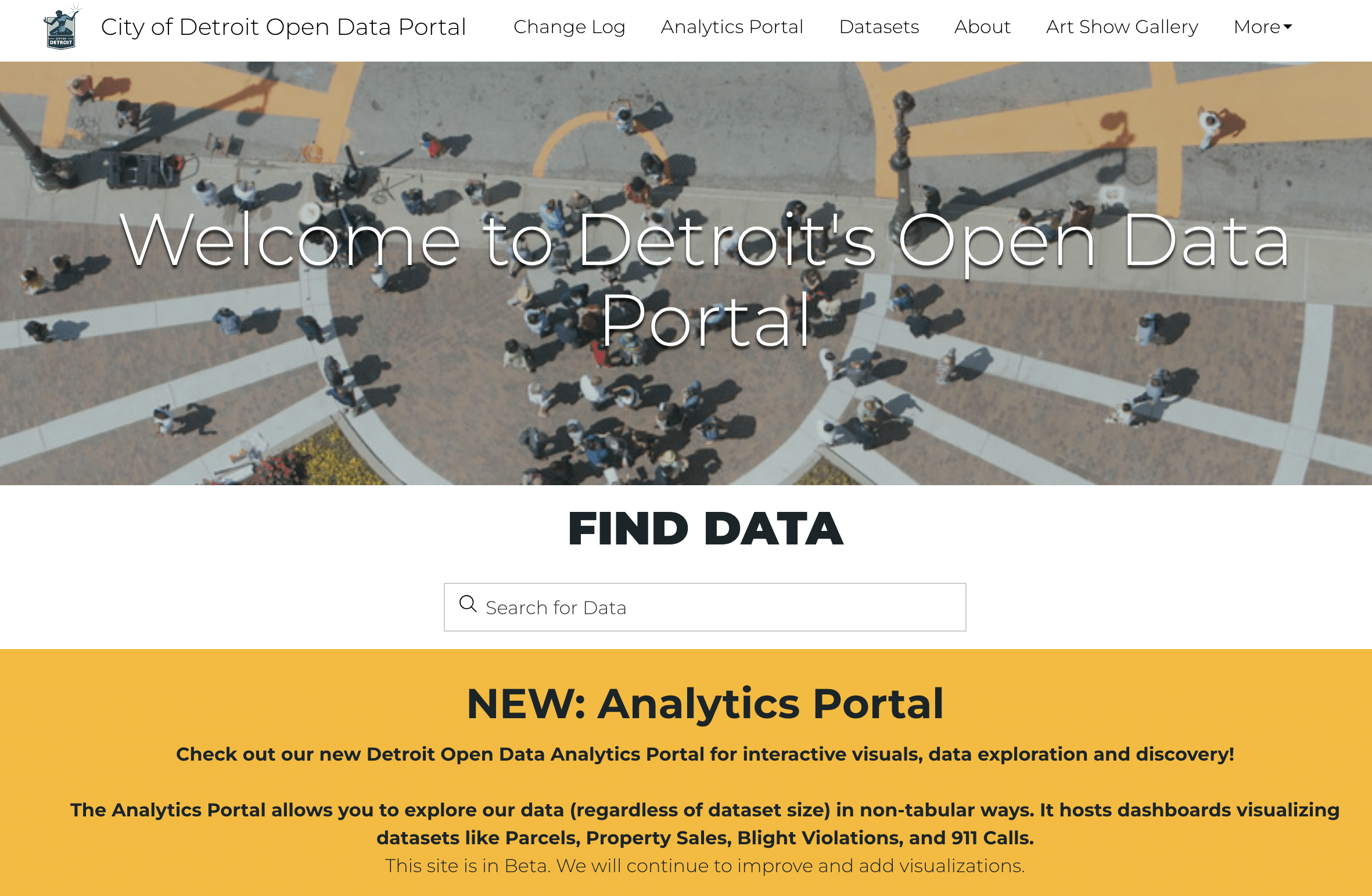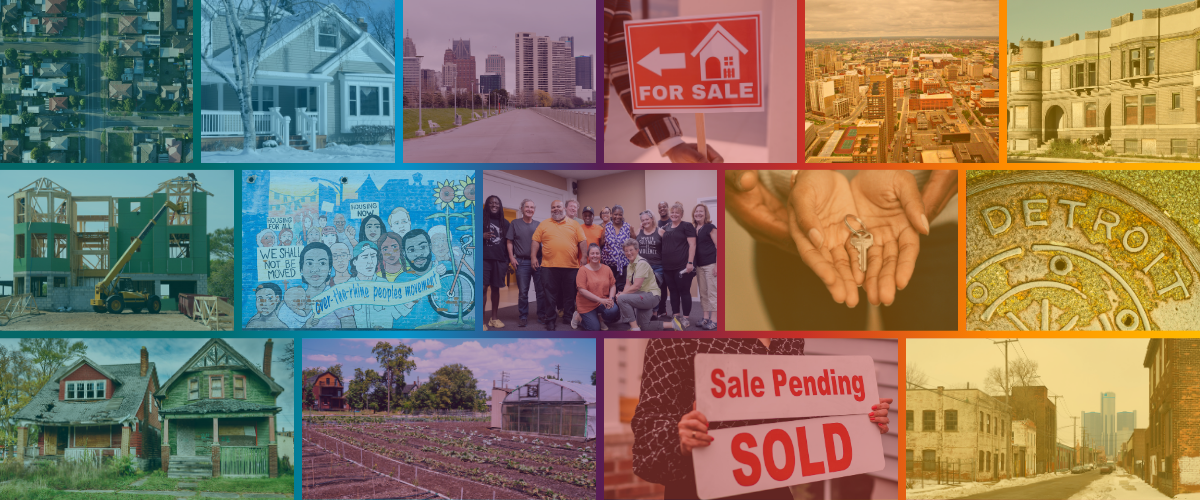EXPLORE
MENTAL HEALTH

Lorem ipsum dolor sit amet, consectetur adipiscing elit, sed do eiusmod tempor incididunt ut labore et dolore magna aliqua. Ut enim ad minim veniam, quis nostrud exercitation ullamco laboris nisi ut aliquip ex ea commodo consequat. Duis aute irure dolor in reprehenderit in voluptate velit esse cillum dolore eu fugiat nulla pariatur. Excepteur sint occaecat cupidatat non proident, sunt in culpa qui officia deserunt mollit anim id est laborum.
Featured Resources

Housing and Health: An Overview Of The Literature
This health policy brief from Health Affairs provides a clear overview of the literature, finding strong evidence that housing stability, quality, safety, and a...

Policy Primer: Incorporating Racial Equity into Housing Policy
This resource is a part of a memo of a series outlining strategies and policies explored by the cohort, including tax incentives for affordable housing, best pr...

Policy Primer: Emergency Rental Assistance
This resource is a part of series of memos, one of five, that provides overviews of strategies explored, including tax incentives for affordable housing, best p...

Affordable Housing Map
This tool is an interactive map that allows users to see data on affordable housing in Detroit.

Using American Rescue Plan Funds To Meet Detroiters’ Home Repair Needs
This resource focuses on the issue of housing quality in Detroit and the need for home repairs among renters and owners in the city.

East Side Church Highlights Young Activists During Detroit Neighborhoods Day
This resource focuses on Pastor Barry Randolph and the Church of the Messiah in Detroit. It emphasizes its multifaceted community initiatives, including anti-vi...
The relationship between housing and mental health…
Find DATA

Detroit Data Center
This resource is designed to provide up-to-date information on industry, wages and income, workforce, demographics, social, equity, transportation, state of the...

Housing Information Portal
This resource from Data Driven Detroit features data and resources about housing and property in Detroit and Southeast Michigan.

City of Detroit Open Data Portal
This resource, hosted by the City of Detroit, provides public access to data and information concerning City government operations and service delivery. This da...
Suggest Content
Help us grow this content library. Suggest a resource for inclusion. Complete the form below and our team will review your submission.




